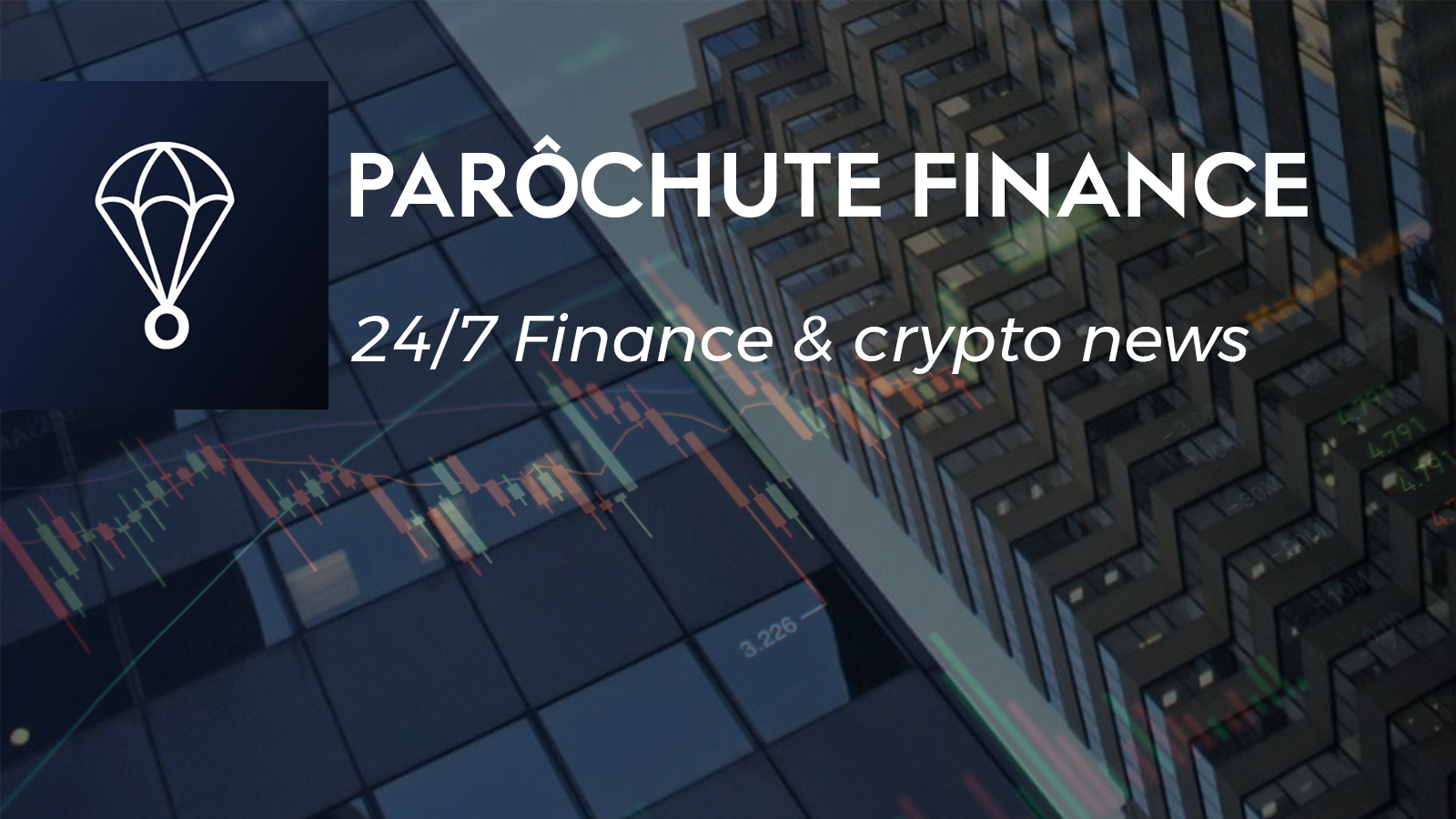Reading Time: 3 minutes
- AI has emerged as a transformative technology, surpassing blockchain
- Blockchain’s core offering of immutable, trustless data seems to be a perfect addition to AI programs
- A synergy between AI and blockchain is in the works, but does AI need blockchain more than blockchain needs AI?
Artificial intelligence (AI) has the potential to be the most transformative technology of the 21st century, something that was said of blockchain not too long ago. While the blockchain revolution has failed to gather steam, AI seems to know no bounds, but a synergy between the two technologies is appearing. The question to ask, however, is whether AI actually needs blockchain or whether it represents blockchain’s last chance at adoption. In this piece, we look at what blockchain offers AI and, crucially, if it needs it.
Enhancing Data Security and Integrity
One of the primary benefits of integrating blockchain technology with AI is enhanced data security and integrity. AI systems require vast amounts of data to function effectively, the integrity and security of which are paramount to ensure the accuracy and reliability of AI outputs. Blockchain’s immutable ledger technology ensures that data, once recorded, cannot be altered or tampered with. This feature could prove crucial for AI applications that rely on data integrity, such as healthcare diagnostics, financial forecasting, and autonomous driving.
By leveraging blockchain, AI developers can ensure that the data fed into AI models is authentic and has not been compromised. This integration can help mitigate the risks of data breaches and cyber-attacks, which are significant concerns in the digital age.
Facilitating Data Sharing and Collaboration
Blockchain can also facilitate secure data sharing and collaboration across various stakeholders. AI thrives on diverse and large datasets, often requiring data from multiple sources, but data sharing between organizations or entities can be fraught with challenges, including privacy concerns and trust issues.
Blockchain’s decentralized nature allows for the creation of secure, transparent, and tamper-proof data-sharing platforms. Such platforms enable multiple entities to contribute data to AI systems without compromising privacy or security. This capability is particularly beneficial in sectors like healthcare, where patient data must be handled with the utmost confidentiality.
Improving AI Decision-Making and Accountability
Another significant advantage of blockchain technology in AI is improving decision-making and accountability. AI algorithms are often seen as “black boxes” due to their complexity and lack of transparency, and this opacity can lead to issues with trust and accountability, especially when AI systems make critical decisions.
Blockchain can introduce a layer of transparency and traceability to AI processes. By recording AI decision-making processes on a blockchain, stakeholders can audit and verify the steps taken by AI systems. This transparency can help build trust in AI technologies, making them more acceptable to users and regulators.
Enabling Decentralized AI Models
Blockchain technology can support the development of decentralized AI models. Traditional AI development is typically centralized, with data and computational resources controlled by a single entity. This centralization can lead to biases, lack of transparency, and vulnerability to attacks.
By leveraging blockchain, AI models can be trained and executed in a decentralized manner. Decentralized AI platforms, such as SingularityNET, use blockchain to create marketplaces where AI services can be accessed and executed without centralized control. This decentralization can democratize AI development, making it more inclusive and resilient.
Who Benefits More?
It may seem, therefore, that blockchain and AI seem like a match made in heaven. However, while both blockchain and AI stand to benefit from their integration, it appears that AI might need blockchain more than blockchain needs AI to achieve broader adoption.
Blockchain technology has struggled with adoption due to issues like scalability, regulatory challenges, and a lack of clear use cases that resonate with the broader public. On the other hand, AI is already widely recognized and adopted across various industries. It has done well enough without blockchain technology so far, and no one seems to be questioning the authenticity of the data the various programs use.
However, as more and more raw data gets pumped into AI programs, concerns will inevitably emerge over data security, privacy, transparency, and accountability. Blockchain offers solutions to these challenges better than any competing technology, potentially accelerating AI adoption by addressing its critical pain points.
Blockchain Needs AI
The answer to the question posed by this article is that AI doesn’t need blockchain technology, but AI programs which facilitate the verification of raw data via blockchain will likely be trusted more than competitors which don’t.
Blockchain technology, however, does need AI if it wants to be taken seriously as a commerce-changing technology. It has so far failed by every reliable gauge to infiltrate global commerce in the way in which it was promised back in 2017, and AI could be its last hope of proving that it has a viable use case. AI is destined to change the world, and blockchain needs to grab hold of its coattails before it speeds away and leaves it in the dust.
The post Why Artificial Intelligence Could Be Blockchain’s Savior appeared first on FullyCrypto.

